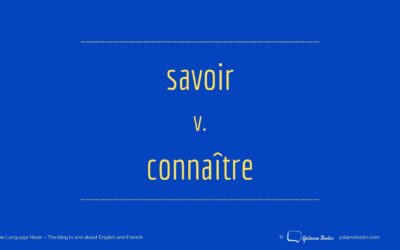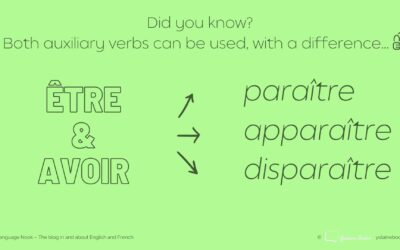You did, do or will do something; a fact or an action lasted, is lasting or will last a certain length of time and you would like to say for how long. In French, you can choose between two prepositions of time: pour or pendant.
So, which one should you choose?
Most of the time, you will want to talk about a limited length of time. For instance, you’ll want to say:
- L’été dernier, j’ai fait le tour de la Corse pendant deux semaines.
- Je travaille encore pendant 2 heures et ensuite, je pars à la gym.
- L’été prochain, je vais rester en Corse pendant deux semaines, puis je prendrai l’avion pour aller à Paris où je dois suivre une formation pendant trois jours.
In these examples, you are expressing a limited length of time and therefore using the word pendant. In other words, you are saying how long the action is taking altogether – in the examples, the actions are limited to 2 weeks, 2 hours, 3 days.
Yet sometimes, you will rather talk about and focus on your future plans. You will need to express a period of time that is part of your plans. For instance:
- Je ne peux pas t’accompagner au cinéma vendredi prochain. Je pars pour toute la semaine. J’ai besoin de vacances.
- Elle veut partir pour le week-end et en profiter pour rendre visite à sa famille.
In these examples, you are focussing on the future period of time, on the plans you are making. That’s when you need to use pour.
To sum up, always use pendant, except when you want to focus on your actual future plans rather than the length of time itself, in which case you need to use pour.
Now you can easily say how long something lasts, or for how long you plan to stay in France during your summer holiday! 🙂





0 Comments